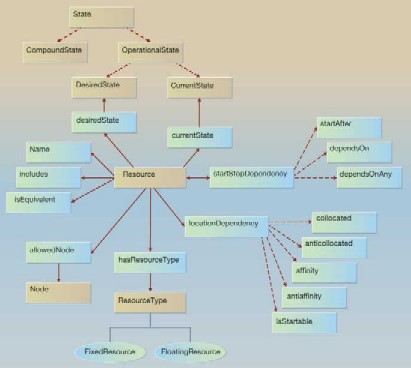Here is a commercial (with malice towards none):

I found a good article on how tags are messing the Web's infostructure. See:
Tagging: It’s no longer fun and easy, By: Mark Gibbs, Computerworld (27 Apr 2007):
"Most people think that tagging on the Web is pretty easy and fun. Give ‘em a blog or a Web page and a field named “tags,” and they’ll start stuffing in text with wild abandon in the hopes that their content will be easily found by people who are desperately searching for information and opinion on feline hairball cures or cycling in the Ozarks or whatever their particular hobby is.
Alas, all these folks are doing is polluting the Web....
The first problem with tagging is semantic vagueness. For example, does the tag “china” apply to the country or crockery?
A second problem is that the format of tags isn’t standardized.
The third and perhaps biggest problem is the overuse of tagging ..."
Continue reading
Another word by (late) Prof. Karen Sparck Jones:
"Confining the SW (=
Semantic Web) to field tagging is essentially high-level cataloguing of the familiar library or museum kind, exemplied by ‘author’, ‘title’, ‘publication date’ and so forth. Done properly, this is far from trivial, as the substantial Anglo-American cataloguing rules demonstrates. For example, is the author exactly what appears on the title page or some specific person? But though proper cataloguing is not for amateurs, it is not necessary for useful cataloguing to go overboard on rules." Source:
What’s new about the Semantic Web? Some questions What is your thinking? Do the tags, clouds, facet analysis, etc. help, anyways? or does the semantic taming can be done via
SMORE - Semantic Markup, Ontology, and RDF (ResearchIndex)See also my previous posts:
So much of visual literary genre, so little time to categorize it
Semantic Web and Facet Analysis
Visualizing the Web Infostructure I - Cites, Insights, FarsightsLabels: Best Practices, Blogging, Internet, Semantic Web, Web, Web sight










